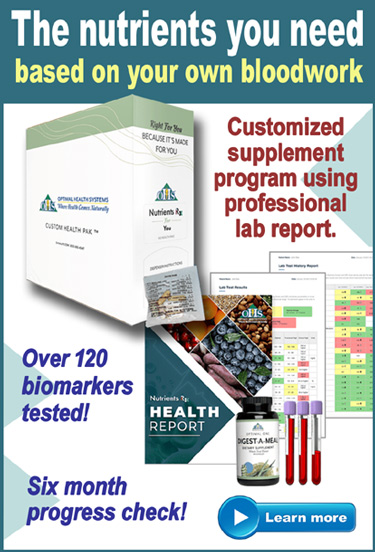An Australian study published in the British Medical Journal in February 2024 linked ultra-processed foods to heart disease and diabetes, among other health conditions.
Three months later another eye-opening study—also published in the British Medical Journal—highlighted how some ultra-processed foods are worse than others. According to the study results, these “worst of the worst” foods promoted higher rates of all-cause death and deaths related to neurodegenerative diseases.
In the new study, led by researchers at Harvard T.H. Chan School of Public Health, the findings implicated processed meats, sugary breakfast foods, and sweetened beverages as the most dangerous.
Notably, “sweetened beverages” included both sugar-sweetened and artificially-sweetened drinks—a finding that once again demonstrates that artifically-sweetened foods are not the healthy alternative that many people think.
Study details
The study was conducted by examining the diets and health outcomes of more than 114,000 American adults over an extensive three-decade period.
The expansive data is available because the people being examined were all enrolled in the well-known Nurses’ Health Studies I and II and the Health Professionals Follow-up Study.
The participants in these studies reported their dietary habits every four years over a thirty year period.
The study was unique in that researchers didn’t just examine the increased risk of consuming higher quantities of ultra-processed foods, but also studied the apparent risks of different types of ultra-processed foods.
To do this the researchers divided ultra-processed foods into nine sub-groups: breads and breakfast foods; fats, condiments, and sauces; packaged sweet snacks and desserts; sugar- and artificially sweetened beverages; ready-to-eat dishes; processed meats; packaged savory snacks; dairy-based desserts; and miscellaneous.
Participants who consumed the least ultra-processed food of any kind ate three servings per day; participants who consumed the most ate around seven servings per day. Over the course of the study period, 48,193 participants died from causes such as cancer, cardiovascular diseases, respiratory diseases, and neurodegenerative diseases.
Study results
With all data analyzed the researchers determined that participants who ate the most ultra-processed food of any kind faced a 4% higher risk of all-cause mortality compared to those who ate the least ultra-processed food. In addition, the high-consumption group also incurred an 8% higher risk of mortality from neurodegenerative diseases.
It should be remembered that these risk percentages represent only the differences within the ultra-processed category. Comparing ultra-processed food consumption to a low or no processed food consumer would obviously be much more dramatic—as has been shown by other studies.
Commenting on the findings, Mingyang Song, associate professor of clinical epidemiology and nutrition, and corresponding author, noted how some ultra-processed foods, while perhaps not being “healthy”, at least have some elements of nutrition. Meanwhile, the worst of the ultra-processed foods have no redeeming factors at all.
“Cereals, whole grain breads, for example, they are also considered ultra-processed food, but they contain various beneficial nutrients like fiber, vitamins and minerals,” Song was quoted in a CNN article. “On the other hand, I do think people should try to avoid or limit the consumption of certain ultra-processed foods, such as processed meat, sugar-sweetened beverages and also potentially artificially sweetened beverages.”
The study was published in the British Medical Journal in May 2024.
Processed meat was the type of food most strongly associated with increased risk of all-cause mortality. Next were sugar and artificially-sweetened beverages, dairy-based desserts, and ultra-processed breakfast foods. Almost as detrimental was the miscellaneous foods—a subgroup that included mostly artificial sweeteners.
– – –
Source: British Medical Journal, May 2024.


